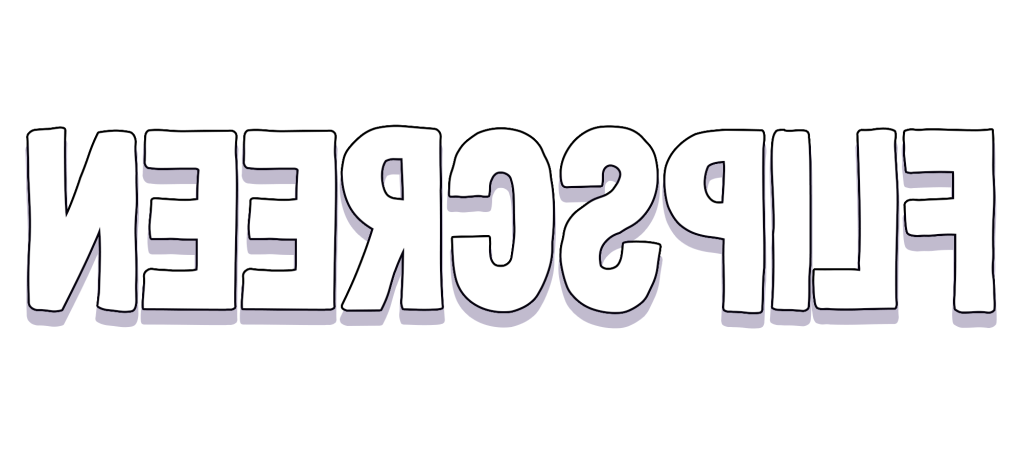“Ferrara has crafted a film that – even with its brief moments of surrealism – feels like a testament to all of the undeniably real side effects that occur when you find yourself on the other side of something you didn’t expect to live through.”
When you spend much of your life on the brink of self-destruction, how do you build and sustain a life worth wanting? Director Abel Ferrara explores this concept and more in the deeply personal, self-reflective film Tommaso. This film focuses on the titular character, Tommaso (Willem Dafoe) – an actor and filmmaker based partially on Ferrara himself – as he works on recovering from addiction while writing a new project. His wife, Nikki (portrayed by Ferrara’s own wife, Cristina Chiriac), expresses frustration with his lack of communication in their relationship, building onto the disconnect he’s been feeling toward her and their young daughter, Deedee (Anna Ferrara, Abel and Cristina’s real-life daughter). Tommaso finds himself in a sort of limbo; the inbetween space bridging his prior life that still inflicts guilt, and the exciting promise of a new beginning with his family in Italy.
The film is shot in a way that feels intimate and tangible, indulging in close-ups of private conversations that give you the feeling of listening in on something you’re not supposed to hear. It’s reminiscent of the 2011 film Weekend, directed by Andrew Haigh, that focuses on two men who meet and engage in a sexual relationship over the course of a weekend. Tommaso utilizes the same idea of putting the audience in a somewhat uncomfortable position, shifting the focus to the realistic, nuanced nature of how the characters interact. It makes sense that a film so grounded in its subject matter would want to feel more conversational and lived-in, offering moments of easiness and peace amidst the conflict of a struggling marriage and addiction. Ferrara allows the actors to improvise and play off each other in naturalistic ways, offering them little in the way of a traditional script.
Willem Dafoe is mesmerizing as Tommaso. He thrives in the ability to improvise, portraying the character as an extension of the director and his life, rather than as a caricature. We see how the life he once had shaped him into the man we see on screen, aided by the details of Dafoe’s character choices – such as the cadence of his voice when he’s talking to his daughter, and how that changes as his relationship with his wife falters. He leans into the fluid nature of the film, understanding that recovery is an ongoing process of restructuring every aspect of your life: how you think, how you interact with everyone, and how you perceive the world at large. Tommaso’s experience as an addict is stitched into the fabric of his identity. It’s a part of him no matter how many AA meetings he diligently attends, or how much success he achieves in his career. There’s always going to be an embedded sense of guilt keeping him from being truly content with himself and where he is in his life.

One of the more poignant scenes in the film occurs during an acting class taught by Tommaso, in which he talks to his students about straying away from their comfort zones. He insists that one of the purest things you can do as an actor and a human being is to allow yourself to think and feel emotions beyond your independent self. When you forget about yourself, you’re acting in a pure way. That, he says, “is when we get closer to experiencing the beauty of life.” This lesson feels like an admission, touching once again on the idea that Tommaso is always going to be – in some sense – outside of himself, aware that he may never be able to achieve the happiness that he knows exists and is available to other people. He’s a man who’s damned to his mistakes, resigned to existing as a ghost of his former self.
With Tommaso, Ferrara has crafted a film that – even with its brief moments of surrealism – feels like a testament to all of the undeniably real side effects that occur when you find yourself on the other side of something you didn’t expect to live through. Such as the inherent desire to embrace the small joys of everyday life, while simultaneously dreading an existence that is anchored in loss and regret. Some may argue that the film ventures into self-indulgent territory at times, but in doing so, Ferrara reminds us that perhaps it’s necessary to observe and capture the complicated nature of what it means to be alive through our individual, personal experiences. Not as a singular, essential viewpoint, but rather, as a small but important piece of a larger, more abstract picture.
Director: Abel Ferrara
Screenwriter: Abel Ferrara
Producers: Joshua Blum, Laura Buffoni, Marta Donzelli, Daniele Esposito, Simone Gattoni, Christos V. Konstantakopoulos, Gianni Matera, Michel Merkt, Gregorio Paonessa, Michael Weber
Cast: Willem Dafoe, Cristina Chiriac, Anna Ferrara
Release Date: June 5th, 2020 (USA)
Available On: Kino Marquee
Tommaso official trailer


Leave a comment